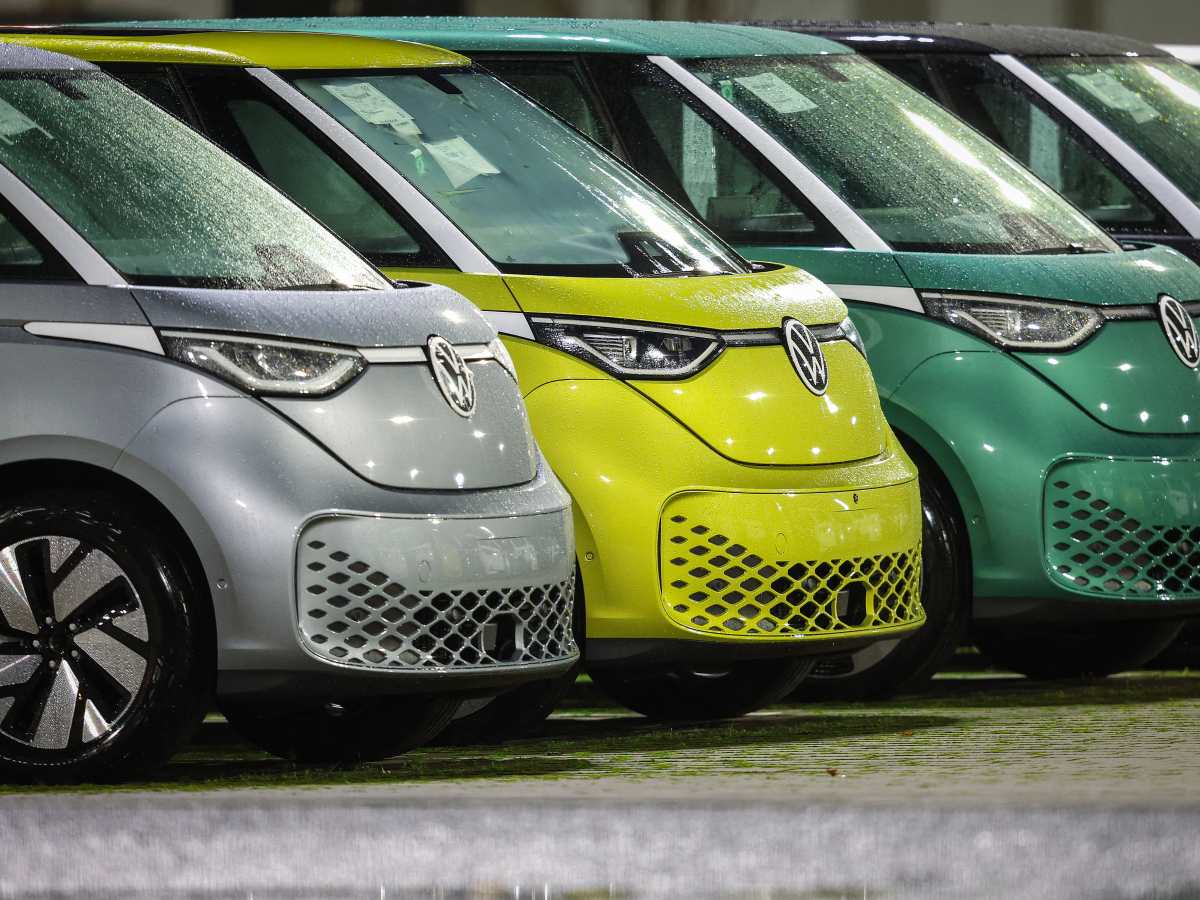Volkswagen’s subsidiary, Cariad, recently leaked the personal data of 800,000 electric vehicle (EV) drivers from brands like Volkswagen, Audi, Seat, and Skoda. This breach exposed sensitive information, including the precise location of 460,000 cars and personal details such as names, contact information, email addresses, phone numbers, and even the times and places when EVs were turned on or off. The data was stored unencrypted on Amazon Web Services (AWS) cloud servers, which were accessible for several months before the issue was discovered.
This incident highlights a significant concern about the amount of personal data that modern connected vehicles collect, fueling privacy worries among security experts. Many argue that technology-dependent vehicles gather far too much data, potentially leading to privacy violations and security risks. The breach also comes at a particularly challenging time for Volkswagen, as it further complicates their efforts to shift towards electric vehicles. The company is already grappling with sluggish EV sales and the fallout from the 2015 Dieselgate scandal, making this data leak a setback in its ambitious transition to greener vehicles.

The leaked data affected a wide range of individuals, including high-profile figures like German politicians, business leaders, and even the Hamburg police. Despite the extensive exposure of this sensitive information, there is currently no evidence that the breach was exploited for malicious purposes. Cariad has assured affected customers that they do not need to take any immediate action to secure their data, although the breach has raised concerns over consumer trust in the company’s digital infrastructure and data protection measures.
Volkswagen downplayed the severity of the breach, stating that the exposed data was not easily exploitable. However, experts believe that the lack of encryption and the ease of accessing such sensitive information point to deeper issues within the company’s security practices. This incident raises important questions about the security and privacy of connected car data, which could undermine consumer confidence in the ability of automakers to protect their personal information. A recent survey found that only 18% of U.S. consumers trust car manufacturers to manage their connected vehicle data, reflecting the widespread skepticism in the industry.
The leak underscores a broader challenge for the automotive industry, particularly in regions where privacy concerns are significant. Automakers risk undermining the progress made in promoting electric vehicles and connected cars as the future of sustainable mobility if they fail to address these security vulnerabilities. To maintain consumer trust and accelerate EV adoption, car manufacturers must prioritize stronger data protection measures and better encryption practices to safeguard users’ personal information.

